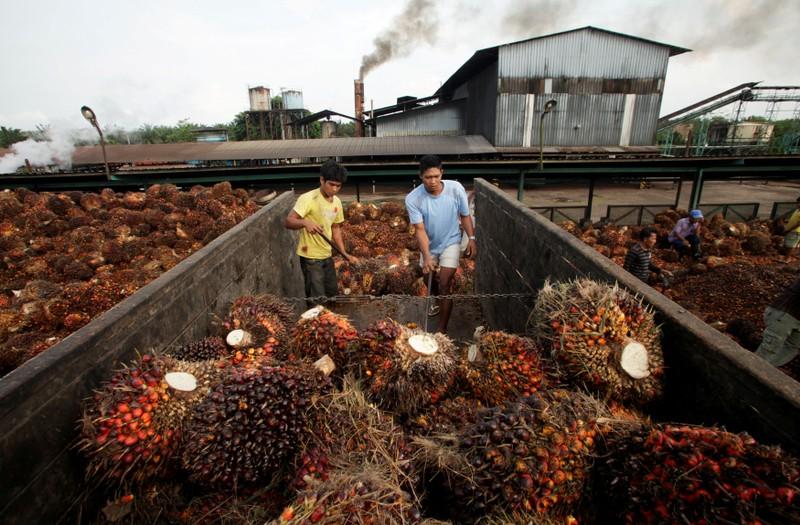PETALING JAYA: PublicInvest Research suggested Malaysia identify new potential developing markets such as the African region to minimise impact from Europe’s proposal to exclude palm oil from the European Union (EU) green fuel targets.
This is given that the African region is the second most populated region in the world with around 1.31 billion people or twice the population of Europe.
“The government can also increase domestic biodiesel demand by pushing for a higher biodiesel mandate and expand the use of biodiesel to the industrial and manufacturing sectors (steel, rubber glove, packaging) that have been plagued by the gas price or electricity tariff hikes,” the research house said in a note last Friday.
Under the new EU law, which was passed last year, the use of more harmful biofuels (palm and soybean oils) will be capped at 2019 levels until 2023 and reduced to zero by 2030.
Last year, EU was Malaysia’s second largest palm oil export market with a 12% market share. A complete phase-out of palm-based biofuel could cause a loss of one million metric tons (mt) of palm oil demand from EU or 5% of annual crude palm oil (CPO) production.
Nearly 50% of EU’s palm oil imports were used for biodiesel purpose.
PublicInvest Research also noted that the B10 mandate for the transport sector must be strictly enforced on all government diesel vehicles such as buses, trucks, lorries and locomotives.
The research house said biodiesel has become commercially viable or requires little subsidy since July 2018, as crude oil prices have been on the uptrend while CPO prices remain at low levels.
“Palm oil-gas oil spread has become wider recently, with a -US$90 (-RM367.87) per mt. The wider the spread, the more economical it is to use biodiesel for energy consumption. This should bode well for both Malaysian and Indonesian biodiesel producers, bolstered by improved domestic and overseas demands, which would help ease the high palm oil inventory level in their countries.”
It said European consumers would also suffer in the event of a complete phase-out of palm-based biofuel, as EU has no better alternative to replace the palm-based biodiesel, which is the cheapest source.
Other types of biofuel, namely tallow, soy and rapeseed oil-based are priced US$20 to US$70 per mt more expensive than palm methyl ester.
“A higher fuel cost would eventually bring knock-on effect on other prices in the entire EU economy and eventually will further worsen the already weak spending sentiment.”
PublicInvest Research, which is maintaining a “neutral” call on the plantation sector, suggested a mutual solution for all parties whereby only certified biodiesel can be accepted as part of the green fuel targets, rather than a complete phase-out.










